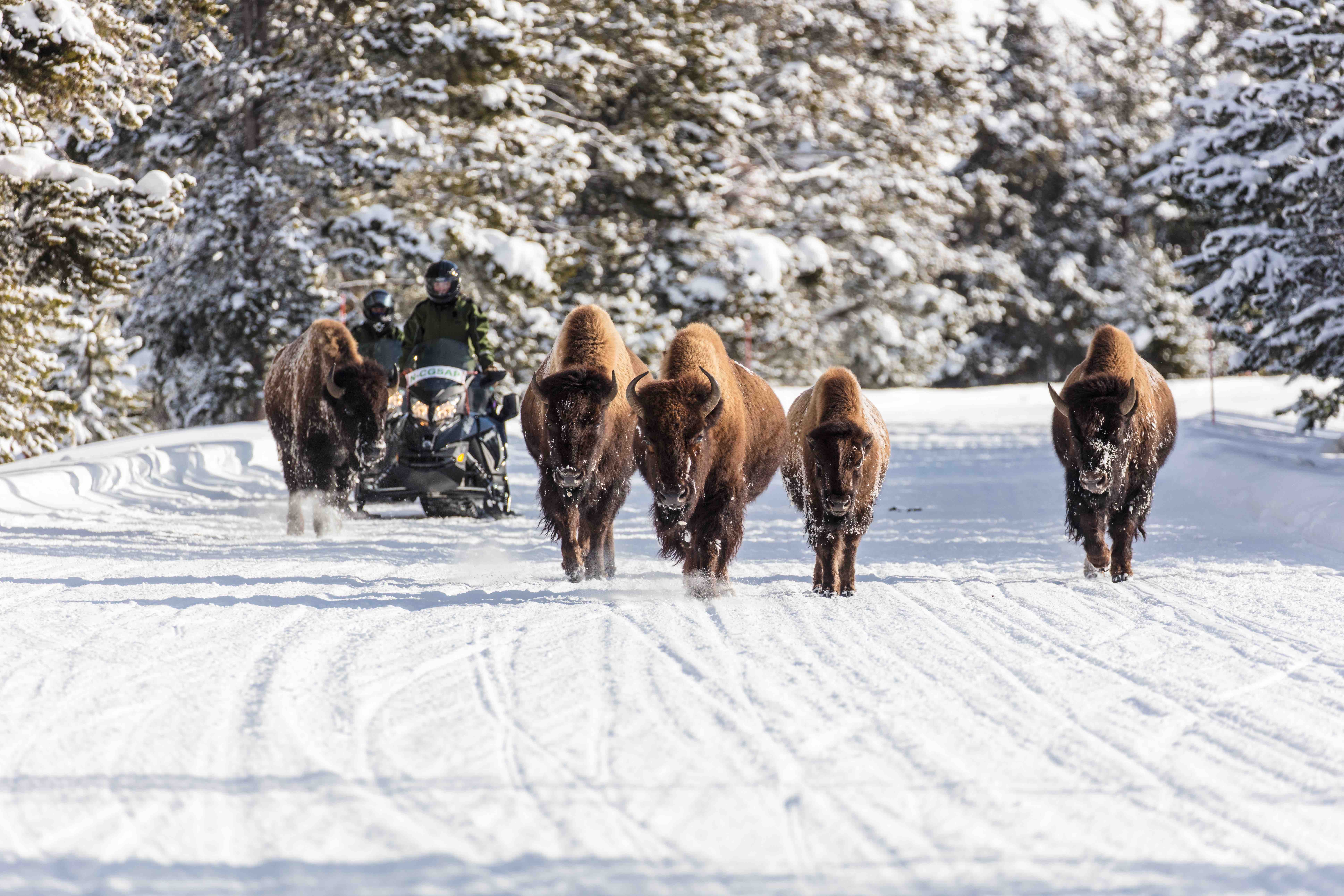By Deb Courson Smith
Those “pro-wolf” and those “anti-wolf” have come to an agreement in Oregon. The “Livestock Compensation and Wolf Co-Existence Act” (HB 3560) headed to the governor’s desk is being called a “first of its kind in the country.”
The legislation is also being held up as an example for Montana and other wolf states. It includes county-led programs to decide compensation for livestock losses connected to wolves, as well as funding and guidance on how to manage wolves in a non-lethal manner around livestock.
Oregon Cattlemen’s Association Presiden Bill Hoyt helped negotiate the deal.
“It was apparent to me, as president of the organization, that if we did not figure a way to get along with folks, or figure a way that was livable, we were going to have nothing.”
Hoyt says he really likes the compensation portion because it is decided locally and, in areas of known wolf activity, it allows payments without having to go through the process of proving a wolf kill, which sometimes cannot be done because of decomposition or other factors.
Wolf specialist Suzanne Stone with Defenders of Wildlife also was involved in the negotiations. She says it was important to make sure that everyone’s views were respected, science was followed, and there was local involvement. She wants Montana to take a close look at the legislation, too.
“The best thing about this is it allows people to sit down face-to-face, talk about the issues and take responsibility for resolving this issue within their state. It brings everybody to the table.”
Stone says many tenets of the legislation are based on a similar law in Mongolia.
Editor’s note:
House Bill 3560 creates a $100,000 fund for
counties to deal with attacks on livestock
by wolves, which moved into Oregon from
Idaho and have now formed at least two
packs producing young, according to the
Associated Press.
Wolves hit a high of 24 individuals in Oregon,
but have since fallen to 14 known
individuals in the northeastern corner of
the state.













